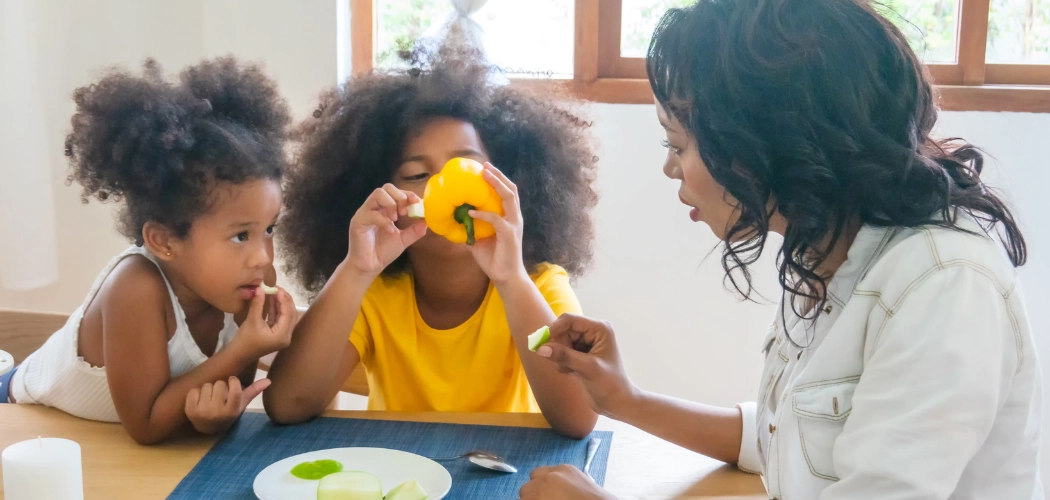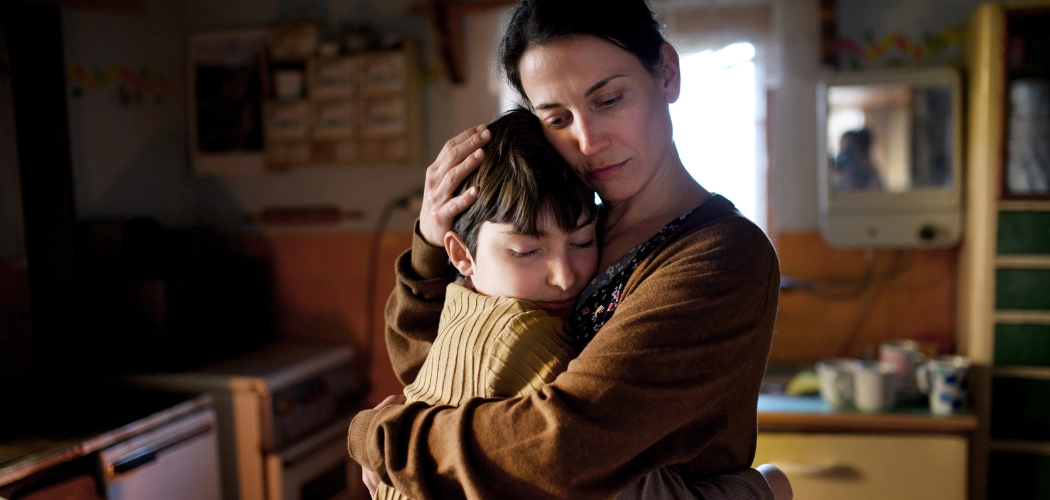I was engaged once before Brian, well, more like one and a half times, but I will leave that detail packed up for another day. Anyway, he and I used to have epically long “fights.” That word is in quotes because we weren’t yelling, he just couldn’t hear me. So round and round we went. I grasped for examples, analogies and metaphors to convey my hurt and longing. There were conflicts so lengthy that I switched to crying into a bath towel because tissues were not enough. When someone can’t listen, empathize, own and apologize, an intimacy traffic jam ensues. Let’s focus on the apology piece …
That was almost 20 years ago. Those experiences laid a powerful foundation in me as a marriage therapist. Early on in couples’ therapy, I evaluate how long fights last and if both parties are capable of saying, “I love you” and “I’m sorry” without defensiveness or qualifiers.
Often, my guilty non-apologizers report feeling inauthentic when on deck to deliver “I’m sorry.” I universally praise the value of authenticity, period. However, an apology for a mistake or harm caused is a highly authentic action, so, with authority I offer the reframe, “It isn’t inauthentic, it’s uncomfortable. It is a stretch. It requires growth, strengthening – being bigger than you currently are. You’re mixing up those two feelings.”
Here’s another compelling point for my non-apologizers: “Do you like conflicts with your beloved to be long or short?” Because when the offended party doesn’t receive the apology, they tend to lapse into making their case. Digging all around the area in which they should be finding an apology, seeking satisfaction. When nothing else satisfies, the couple goes round and round.
If you are the apology-allergic party in your relationship:
Do an experiment. Just try it for a few weeks. If apologizing for causing hurt doesn’t bring any relational relief, your problems likely lie elsewhere. Keep seeking a diagnosis. If your behavior and heart shift does bring relationship improvement, well, yay!
Call it a workout for your character. You can’t run a 10k without practicing. Practicing is uncomfortable … until your body strengthens and what was once impossible becomes your new level of performance.
Just shove the words out of your mouth. Spit them out. Then shut your mouth. Don’t add more words; you will likely say something that cancels out your apology.
Interactive multiple choice for the crappy apologizer:
VERBAL COMMUNICATION:
Which are you guilty of? (underline)
What feels most satisfying for you to hear when you’ve been offended? (circle)
- I didn’t mean to.
- I’m so sorry.
- Shoot, that stinks, I’m sorry.
- Don’t be so sensitive.
- It was not my intent to hurt you.
- I’m sorry, I messed that up.
- I’m sorry, that came out badly.
- I’m sorry, can I try that again?
- It was a joke!
(B, C, F, G, H are the healthy options, the others range from not good to terrible.)
NONVERBAL COMMUNICATION:
Which are you guilty of? (underline)
What feels most satisfying for you to hear when you’ve been offended? (circle)
- Eye roll
- Exasperated sigh
- Indignant expression
- Shocked expression
- Offended expression
- Eye contact that says, “I’m paying attention to you now.”
- Solid eye contact coupled with “Ouch. Yep. I see what I did there. I’m sorry.”
(B, C, F, G, H are the healthy options, the others range from not good to terrible.)
EVERY PERSON NEEDS TO HAVE GOOD NONVERBAL COMMUNICATION IN EVERY ARENA OF LIFE, BUT IT’S HARDEST TO GET ALONG WITHOUT IN MARRIAGE.
If your partner is the apology-averse one:
First of all, I’m sorry. That stinks. Isn’t that just so EASY to say? It is harder for me though when I’m the one who messed something up.
If you have been wronged, intentionally or unintentionally, you are in need of repair. That is a fact, not an opinion, and it isn’t something you get to decide for yourself intellectually. When your heart and gut feel wounded, they are. Mind games are common: “Am I being too sensitive? Are my feelings wrong? I don’t want to be high maintenance.”
The hurt must be validated and repaired in order to feel close to someone again.
How you choose to pursue repair has a menu of options. This is complex, some people’s struggle to apologize ranges from benign to abusive.
My husband is emotionally sensitive so I don’t like to bring up smaller hurts.
Validate yourself: “Yep that hurt.” Then process this one with a girlfriend. This can lead to release especially when your friend sees your spouse’s goodness.
In bringing up larger hurts with a sensitive spouse, allow more time, offer them the benefit of the doubt, “I know you didn’t mean to,” but also don’t shy away from sharing.
My husband is defensive.
Examples of defensiveness:
“But what about you?”
“You hurt me yesterday when you _______.”
“You don’t notice all the things I do right.”
For the record, hurts don’t cancel each other out. Now we have two repairs, the most mature person usually goes first in these cases. You can own this quickly and say, “Thank you for saying that, I’d like to get better at that. Now can I talk about that thing that hurt my feelings?”
My husband gets scary when I bring up any pain or problem.
If you cannot trust him to be physically and relatively emotionally safe toward you and your kids, then validate yourself and reach out for professional help. This is a much tougher tiger to fight and you can’t do it alone. There are lots of resources for you – take that first small step.
Now, get out there and strengthen your apology muscles!
 Kelley Gray M.A., L.P.C. has been in private practice in Denver, Colorado for 16 years. She is wildly passionate about growth, healing, her two daughters and two weenie dogs. She has been married to Brian Gray for 15 years. You can find a little of her on the web at kelleygray.com.
Kelley Gray M.A., L.P.C. has been in private practice in Denver, Colorado for 16 years. She is wildly passionate about growth, healing, her two daughters and two weenie dogs. She has been married to Brian Gray for 15 years. You can find a little of her on the web at kelleygray.com.



